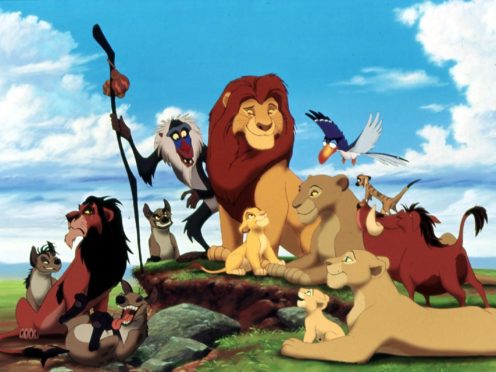More than 70,000 people have signed a petition urging Disney to drop its trademark of the Swahili phrase hakuna matata, as it prepares to release its remake of The Lion King.
The phrase featured in the original 1994 film and was the title of the song, by Sir Elton John and Sir Tim Rice, from the movie.
The row has erupted months before the new film, with Beyonce and Chiwetel Ejiofor among the voice cast, opens in cinemas.
Introducing the first trailer for Disney Lion King. July 19, 2019. #TheLionKing pic.twitter.com/OaBmhzCcOk
— Disney The Lion King (@LionKing2019) November 22, 2018
Disney first applied to trademark the phrase in 1994 and it was later registered for clothing.
The petition states: “‘Hakuna matata’ is a Swahili language phrase from East Africa; translate, it means ‘no trouble’. The word ‘hakuna’ means ‘there is not here’ while ‘matata’ means ‘problems’.
A side-by-side look at some of the original 1994 Lion King scenes compared to the 2019 Lion King trailer. [🎥: @LightsCameraPod] pic.twitter.com/ZRprm6ZjAo
— Disney The Lion King (@LionKing2019) November 23, 2018
“Hakuna matata has been used by most Kiswahili-speaking countries such as Tanzania, Kenya, Uganda, Rwanda, Burundi, Mozambique, and the Democratic Republic of the Congo.
“Disney can’t be allowed to trademark something that it didn’t invent.
“While we respect Disney as an entertainment institution responsible for creating many of our childhood memories, the decision to trademark ‘hakuna matata’ is predicated purely on greed and is an insult not only the spirit of the Swahili people but also, Africa as a whole.”
It is understood that the trademark is intended to prevent others from creating products that could be misrepresented as relating to The Lion King, and does not prevent others from using the term in other contexts.
